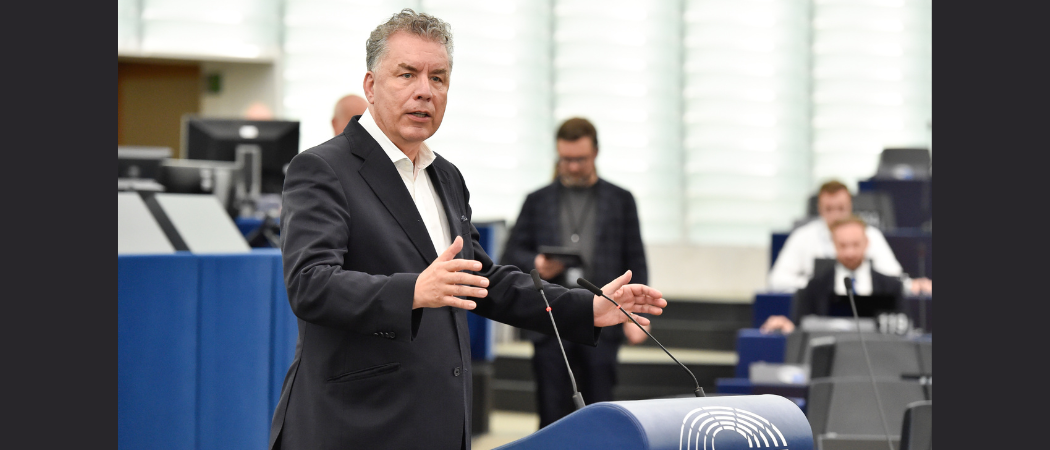MEP Christian Ehler drafts request for an act to create a legal framework with aim of enforcing Article 13 and protecting freedom of scientific research in Europe

MEP Christian Ehler. Photo: Eric Vidal / European Union
Christian Ehler MEP has drafted a motion for resolution asking the Commission to put forward an EU act on the freedom of scientific research and is to present it to fellow MEPs in September.
Concerns about restrictions to scientific freedom in Europe have been mounting over the past few years, as governments in EU countries such Hungary and Poland tightened control over universities and research institutes.
And the problem isn’t restricted to countries where the rule of law is being restricted. Earlier this year, the European University Association (EUA) found many European universities still face “far too many” restrictions on their autonomy, according to a comparative scorecard.
On paper, scientific freedom is enshrined in Article 13 of the European Charter of Fundamental Rights, but there is no enforcement of the principle at a European level. Now, with abuses on the rise, the Parliament wants the EU to start actively defending it.
Ehler’s report claims the Commission’s failure to protect the freedom of scientific research is “a serious abdication of its responsibility.”
A dedicated, legally-binding act is need to create a legal framework that balances the rights and obligations tied to the freedom of scientific research on a case-by-case basis. Flexibility is key to such an act, since research systems vary greatly across European member states and regions.
“It should create a starting point for the development of legal minimum standards for the freedom of scientific research through case law from European courts, including the Court of Justice of the European Union,” the draft text says.
Ehler’s move looks back to the start of the current EU institution cycle, when the newly confirmed president of the Commission Ursula von der Leyen promised MEPs if they requested such a law, the Commission would deliver it.
A proposal, if presented, won’t be ready in time for the European elections in June next year, but the report can get the ball rolling for potential legislation protecting the scientists’ right to freely explore their chosen research questions in the future.
The text in the hands of the translators, and will be ready to be presented to the Parliament’s industry, research and energy committee on 19 September, with hopes of finishing negotiations by the end of November.





 A unique international forum for public research organisations and companies to connect their external engagement with strategic interests around their R&D system.
A unique international forum for public research organisations and companies to connect their external engagement with strategic interests around their R&D system.